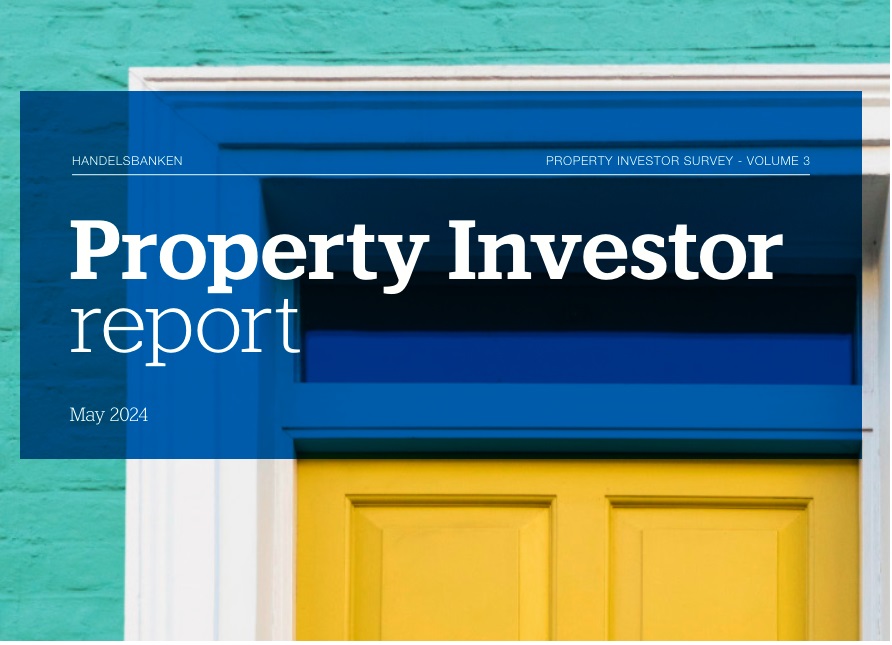Sunak calls General election for 4th July 2024 – American independence Day
Many pundits feel that post the General election Rishi Sunak will fly off to Silicon Valley, so maybe holding the General election on American Independence day is no coincidence! The real carnage caused by ending parliament is of course now there are a number of pieces of legislation that will not become statutes. Top of the list property industry wise is probably the so called Renters Reform Act. It remains to be seen if Labour will wave this through in the next day and a half of government business before the houses rise.
With Labour 20 points ahead of the Conservatives it looks very likely Starmer will be living at No.10 come the second week of July, the bigger question is what will Labour’s policies be regarding the UK real estate industry and the digital transformation process, including of course ESG industries which they so famously rowed back on recently.
There has been a lot of Labour rhetoric regarding the rights of the poor and the disenfranchised, the need for the building of 1.5M new homes over the next five years, spades in the ground etc, but the sad reality as we saw with Michael Gove the great leveller and housing secretary, often inertia wins out. And nothing meaningful gets done.
Certainly Conservative nimbyists at a local level has stymied development of new homes, and of course the cost of borrowing has sky rocketed, which makes the sale of non-social housing stock problematic, and the national homebuilders to slow down on their build rate.
Hope springs eternal that the future will be better and a new government will have fresh ideas of how to grapple with the same old problems, but the revolving door of property ministers and housing secretaries over the past two decades seems to suggest that the usual mayhem will continue, with private enterprise being the true innovators who will change how things are done.
London loses top spot for property investors looking for new opportunities
Handelsbanken’s latest ‘Property Investor Report’, based on exclusive insights from UK property investors with an average of 35 properties each, found that the East of England was cited as the most attractive region for property investors over the next 12 months (26.5%), closely followed by North East & Cumbria (24.5%), North West (22%) and South East (21.5%), with respondents appearing to focus on areas with higher yield characteristics, rather than those with historically strong demand.
Last year, London was the most popular investment hotspot, while this year, it has dropped to fifth position with 21% – on level-pegging with the East Midlands. Support for the South East has also fallen this year, compared to last when it scored 26%.
Market outlook The research also found that nearly two thirds (62.5%) plan to grow their portfolio in the year ahead. Over a quarter (27.5%) will maintain their portfolio’s current size, and just 8.5% aim to exit the market completely.
The majority (70.5%) of those looking to buy more properties want to diversify their portfolios geographically and sectorally, with, as previously mentioned, the East of England leapfrogging London to become the most attractive region, and residential flats seen as the most attractive property type by investors.

Valuations expected to climb An overwhelming majority of respondents (81%) expect the value of their portfolio to increase over the next 12 months, with nearly a third (31%) believing it will grow by more than 20%, and nearly 50% expecting a slight uptick of around 5%. Optimism was highest in Wales, with 59% of respondents expect to see a large upswing, the highest across the UK.
James Sproule, UK Chief Economist, at Handelsbanken said: “While headlines over the coming months are likely to be dominated by the general election, interest rate cuts and the ongoing cost of living crisis, these factors don’t seem to be jeopardising investors’ upbeat mindset.”
“The adjustments to capital valuations, often masked by inflation, as well as increases to rents, have resulted in property once again delivering a premium over gilt yields – and opened up the potential for attractive opportunities as the economic recovery progresses.”
Demand for residential flats climbs 10% to claim top spot The research also revealed that 82% of investors expect demand for commercial property to increase over the next 12 months, marginally ahead of residential property (77%) – possibly driven by consistent numbers of workers returning to offices.
On a sectoral level, the three most in-demand sectors among property investors over the next 12 months are residential flats (63%), commercial offices (62%) – be that for repurposing or to capitalise on top quality assets in prime locations – and residential houses (61.5%). Support for these sectors has risen dramatically over the last year, with flats up 10% (53%), commercial offices up 4% (58%) and residential housing up 15.5% (46%) compared with 2023. At the other end of the spectrum, the three lowest scoring sectors this year are commercial retail (50.5%), student housing (49.5%) and residential park homes (32%).
Andrew Stanton’s PROPTECH-X ‘Proptech & Property News’ in association with Estate Agent Networking & News Now publications. #proptech #property #realestate #digitaltransformation #startups
Andrew Stanton Founder & Editor of 'PROPTECH-X' where his insights, connections, analysis and commentary on proptech and real estate are based on writing 1.3M words annually. Plus meeting 1,000 Proptech founders, critiquing 400 decks and having had 130 clients as CEO of 'PROPTECH-PR', a consultancy for Proptech founders seeking growth and exit strategies. He also acts as an advisory for major global real estate companies on sales, acquisitions, market positioning & operations. With 200K followers & readers, he is the 'Proptech Realestate Influencer.'


















